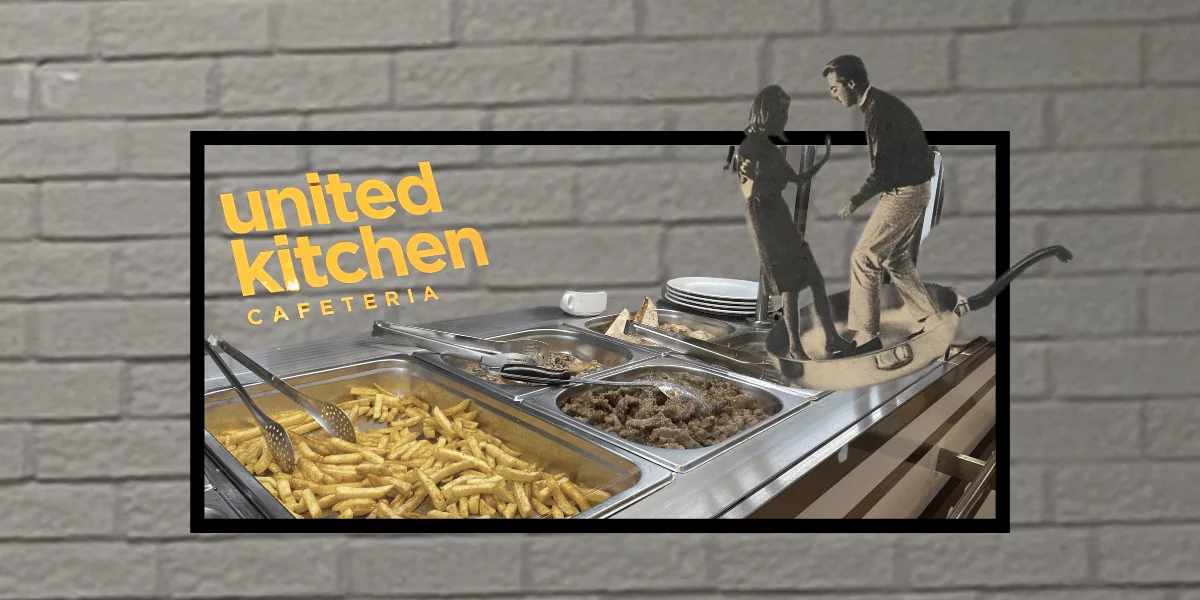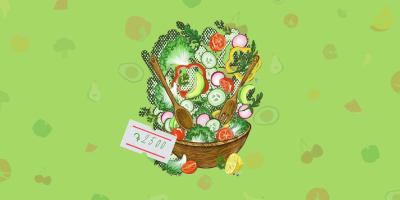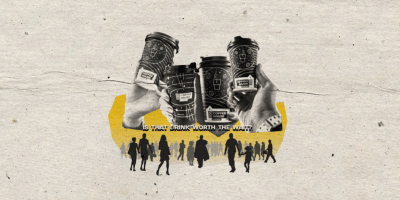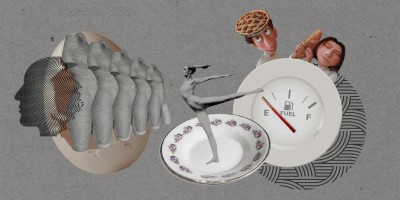
A lot of people say I am a picky eater. I am not. Being a vegetarian does not make me picky. It is a diet that I choose to have because of ethical reasons and environmental concerns. I would be picky if I did have options but simply refused them all. Unfortunately, I have very few options, to begin with.
I waltz into the cafeteria at AUA around noon every day. My inner voice screams, “beef, chicken, pork, chicken, fish, chicken. Wait, there’s pasta! …with chicken. Fine, I’ll get plain rice again.”
Food is fuel; especially after having multiple daily classes, you need food to recover all the energy you put into your studies throughout the day. The cafeteria at AUA only sometimes contributes to this process as it lacks options for people with specific dietary needs, allergies, intolerances and restrictions.
“When you walk through the corridors at AUA, you see inclusivity, that everyone should be included, except in the cafeteria,” says Diana Tigranyan, an EC sophomore. Tigranyan is diabetic and has a gluten intolerance. Therefore, she requires a specific diet gluten and sugar free. “I have used our cafeteria since 2015, and it has always been like this,” she continues, as she always feels excluded for not having options in the cafeteria.
Like most of us, students, faculty and staff, she has to eat at AUA since she spends seven to eight hours a day on campus. “Just one option, one dish, would be enough, even if I have to pay more,” says Diana, considering that gluten-free products are more expensive, unfortunately.
For her, sometimes it is hard even to communicate with the staff and be sure that the food she is getting is suitable for her diet, since the line of hungry students is never ending, and you cannot spend one extra second on your turn.
A solution for that would be — labels. We have been exposed to many “creative” labels for the dishes like “salad feminine” or “salad delicate,” as if salads can be feminine or masculine. Still, we do not have labels or small tags of “gluten-free,” “contains animal products,” or “contains nuts.” This would help both the servers and students or staff who get food.
Using labels like “salad feminine” or “salad delicate” to describe dishes is inappropriate because it associates gender stereotypes with food, which can be harmful and offensive to many people. These labels imply that certain foods or flavors are more appropriate or desirable for specific genders, which can reinforce harmful gender norms and stereotypes.
Food should not be associated with gender or any other societal construct. Instead, it should be celebrated for its diverse flavors, textures, and nutritional benefits and enjoyed by everyone regardless of gender identity or expression.
Using neutral and descriptive labels, such as “vegetable medley” or “mixed greens with citrus vinaigrette,” can be more inclusive and respectful of everyone’s preferences and identities.
Gohar Geghamyan, a PG sophomore, shares the same struggles as Diana, myself, and many more students. Gohar used to be vegan for several months and is now a vegetarian. “I mostly eat at the cafeteria now, but back when I was vegan, I brought food with me as the cafeteria had very limited vegan options,” she says, “the sad part was that sometimes the workers did not understand what ‘without any dairy product’ meant, and I had to name every product.”
Even though finding vegetarian food seems a bit easier than vegan food, she always has to double-check whether there is meat in a dish or not because, as Diana says, “In Armenia, little meat is no meat.”
As a vegetarian, getting meat would be less critical than a student with gluten intolerance or nut allergies getting gluten or any sort of nuts in their dish as it could lead to severe health problems.
Not only are the portions small, but the food is pricey. We have a “healthy zone” at the end of the line of all the meaty dishes. “Healthy” does not mean boiling and serving the same five things all the time. This zone implies that whatever else you are getting from that line is unhealthy, which in reality is not the case. Cases like this are accumulated into deeply rooted problems of eating disorders and body dysmorphia.
Our cafeteria needs to be more inclusive and less triggering for some. As students, faculty and staff, we should bring this up and constantly give feedback and suggestions either directly or online on United Kitchen’s website to make our voices heard and strive for change. Everyone deserves to eat according to their dietary needs and restrictions.












